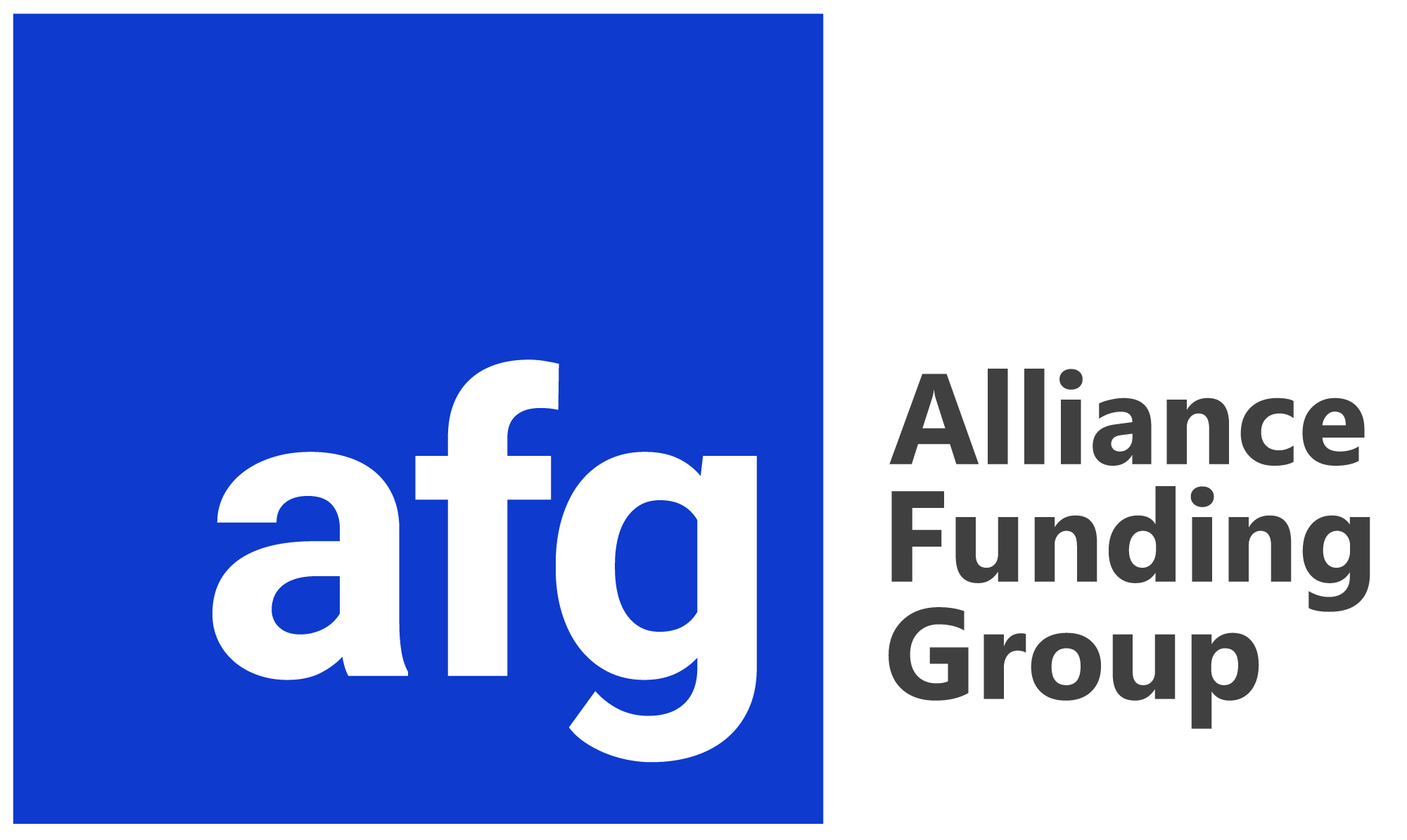Alliance Funding Group Cultivates a Winning Culture through Authenticity and Genuine Care
Founded in 1998, Alliance Funding Group (AFG) is one of the largest privately held equipment finance companies in the U.S. Over the years, AFG has funded more than $3 billion in equipment loans, leases and working capital, serving more than 25,000 customers and earning recognition as one of the fastest-growing independent leasing companies in the nation.
Staying Genuine and Human
AFG has strategically crafted a winning culture that revolves around authenticity, flexibility and genuine care for its people. Rather than adhering to rigid corporate rules, the company prioritizes its employees, especially during critical moments in their lives. A real-life example illustrates this commitment: when a team member faced a sudden family crisis requiring extended time off, AFG granted the flexibility needed without imposing strict constraints on return dates or job security. This reflects a culture that walks the talk, emphasizing authenticity and human connection.
Leadership Empowerment for Employee Engagement
A crucial aspect of AFG’s winning culture is the empowerment of its senior leadership team to make decisions aimed at improving employee engagement and retention. All employees have direct access to senior leadership, fostering a culture of open communication where grievances or suggestions are addressed promptly. This approach ensures that leadership actions align with the company’s commitment to its people, creating a supportive environment.
Prioritizing Values
Values play a pivotal role in shaping AFG’s winning culture. By ensuring the happiness and well-being of the team, the company establishes a foundation for employees to extend that care to customers, which drives business success. The emphasis on prioritizing people sets the tone for a workplace where individuals feel valued, supported and motivated to contribute to the company’s triumphs.
Meritocracy and a Level Playing Field
Diversity, equity, and inclusion (DE&I) are integral to AFG’s culture, built on the principles of meritocracy. Regardless of background or gender, everyone at AFG is provided with a fair opportunity. The company believes that talent naturally rises to the top, fostering a level playing field and promoting an inclusive environment where diverse perspectives contribute to success.
Transparency, Communication & Employee Well-Being
AFG promotes transparency and communication by ensuring that ownership and leadership are readily available for questions. Annual upper management meetings delve into departmental details, discussing challenges, successes and setting goals. This transparent approach allows employees to hear directly from leadership, fostering an environment of trust and openness. The company supports the well-being of its team members through competitive compensation, benefits, personal support and a fun, casual work environment.
Learning from Setbacks and Embracing Risk
AFG embraces a culture of learning from failures and setbacks. The company encourages a proactive approach to taking risks, viewing failures as valuable learning opportunities. This mindset promotes a dynamic and innovative culture where employees feel empowered to explore new ideas and approaches.
Ongoing Evolution
Throughout its success and growth, AFG has remained committed to core values of trust, support, and accessibility for its employees. The company’s culture has evolved with a consistent focus on genuine care and respect for every individual, ensuring that employees are not treated as mere pawns but as valuable contributors to the organization.
A Human Approach to Business
AFG maintaining a working environment that is not overly formal or rigid. Recognizing the human aspect of business, AFG treats every individual with respect and genuine care, valuing diverse opinions and creating a workplace where authenticity and humanity are the cornerstones of success.
Credit: https://www.monitordaily.com/article-posts/nine-common-traits-of-the-best-company-cultures/





